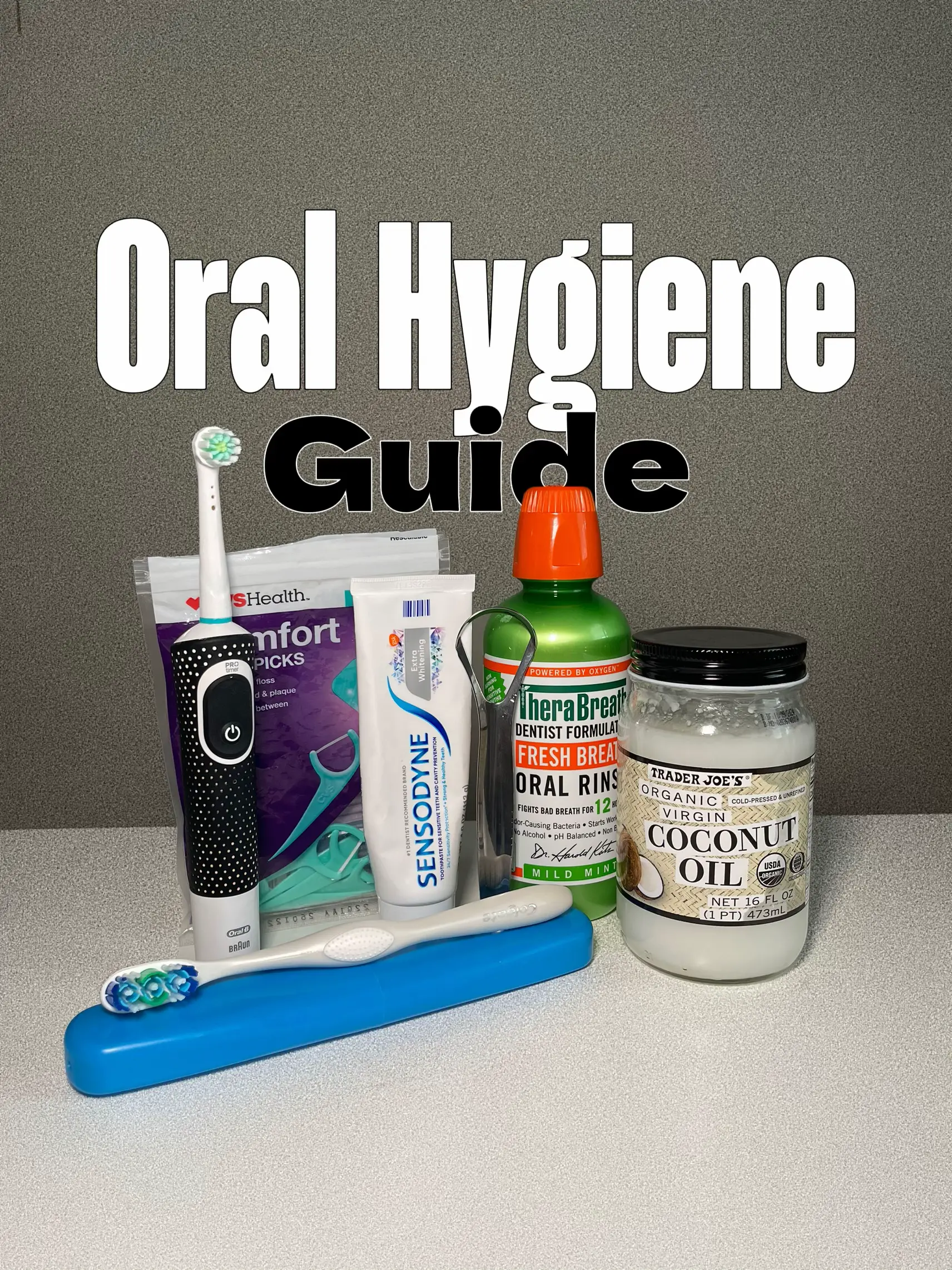
Optimal Oral Health: Nurturing Tooth Wellness
Achieving and maintaining optimal oral health is a cornerstone of overall well-being. Let’s explore the importance of tooth wellness and delve into practical strategies for a healthy and vibrant smile.
Understanding the Significance of Tooth Wellness
Tooth wellness is more than just a bright smile; it is a reflection of overall health. A healthy mouth contributes to proper digestion, clear speech, and a confident appearance. Understanding the significance of tooth wellness is the first step toward a lifetime of oral health.
Establishing a Robust Oral Care Routine
A robust oral care routine is fundamental to tooth wellness. This includes regular brushing, flossing, and tongue cleaning. Brush your teeth at least twice a day with fluoride toothpaste, floss daily to remove plaque between teeth, and use a tongue scraper to eliminate bacteria that can contribute to bad breath.
Choosing the Right Oral Care Products
Selecting the right oral care products is crucial for tooth wellness. Use a toothbrush with soft bristles to prevent damage to tooth enamel and gums. Consider incorporating an antimicrobial or fluoride mouthwash into your routine for additional protection against bacteria and cavities.
Prioritizing a Balanced Diet for Oral Health
Nutrition plays a significant role in tooth wellness. A balanced diet that includes calcium-rich foods, such as dairy products and leafy greens, contributes to strong teeth and gums. Avoid excessive consumption of sugary and acidic foods, as they can lead to tooth decay and erosion.
Hydration and Its Impact on Oral Health
Staying hydrated is essential for overall health, including tooth wellness. Water helps rinse away food particles and bacteria, preventing dry mouth and reducing the risk of cavities. Make water your beverage of choice to support a well-hydrated and healthy mouth.
Regular Dental Check-ups for Preventive Care
Regular dental check-ups are crucial for preventive care and maintaining tooth wellness. Dentists can identify early signs of issues, provide professional cleanings, and offer personalized advice for optimal oral health. Aim for biannual dental visits to stay on top of your oral care.
Addressing Tooth Sensitivity
Tooth sensitivity can be a common concern. If you experience discomfort while eating or drinking hot or cold items, it’s essential to address it promptly. Specialized toothpaste for sensitive teeth and consulting with your dentist can help manage and alleviate sensitivity.
Avoiding Harmful Habits for Tooth Wellness
Certain habits can compromise tooth wellness. Avoid smoking and excessive alcohol consumption, as they contribute to oral health issues such as gum disease and tooth discoloration. Additionally, refrain from using teeth as tools for opening packages or biting on hard objects.
Understanding the Impact of Stress on Oral Health
Stress can manifest in various ways, including its impact on oral health. Conditions such as teeth grinding or clenching (bruxism) often occur during stressful periods and can lead to tooth damage. Stress management techniques, such as meditation or relaxation exercises, can mitigate these effects.
Tooth Wellness Across the Lifespan
Caring for your teeth is a lifelong commitment. From childhood through the senior years, prioritize tooth wellness at every stage. Children should learn good oral habits early, adults must maintain consistent care, and seniors may need additional attention to address age-related oral health concerns.
Conclusion: A Lifelong Commitment to Tooth Wellness
In conclusion, tooth wellness is a vital component of overall health and well-being. Establishing a robust oral care routine, choosing the right products, prioritizing a balanced diet, and seeking professional dental care are key steps toward maintaining optimal oral health. Remember, a healthy smile contributes not only to physical well-being but also to confidence and overall quality of life.
Explore more about Tooth Wellness and oral care tips at StudentAls for additional resources and expert advice.


